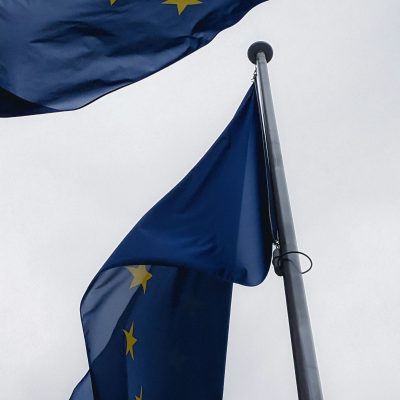National Parliaments, surveillance mechanisms and ownership in the Euro area

Coordination and surveillance mechanisms are playing an increasingly important role in EU economic governance. It is widely recognised that the involvement of national parliaments plays a key role in ensuring legitimacy, ownership and accountability within the Economic and Monetary Union. Despite the creation and strengthening of the European Semester, acceptance of common rules among Member States remains too low, as does compliance with them.
This study, written by Valentin Kreilinger, a researcher at the Jacques Delors Institute – Berlin, our office in Germany, examines the extent to which the role of national parliaments and the ownership of European rules by Member States can help explain the lack of compliance with these rules and how recent reforms have helped to improve the situation. The national parliaments of the countries affected by the crisis have played a lesser role in the annual budgetary procedure than the national parliaments of other EU Member States. As part of the European Semester, most national parliaments examine the convergence and stability programmes and the national reform programmes that their governments submit to the European Commission at the end of April each year. Hearings of European Commissioners are also more frequent. However, parliamentary scrutiny could be further improved overall. The adaptation of national parliamentarians to stricter surveillance and coordination mechanisms in the Economic and Monetary Union has so far been asymmetrical.
Public opinion in countries with a low rate of implementation of the Country Specific Recommendations and whose national parliaments have not been granted new prerogatives under the European Semester is particularly favourable to strengthening economic policy coordination. Contributing to the debate on strengthening and completing Economic and Monetary Union, this study highlights five options for better parliamentary scrutiny at national and European level.




